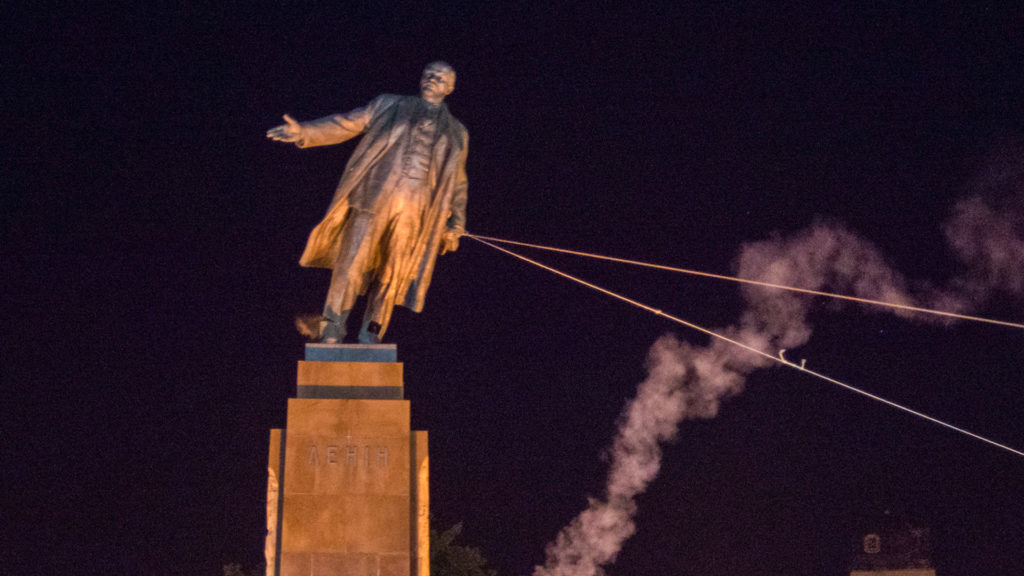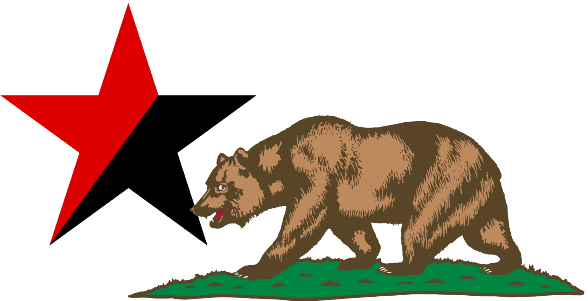
A post-soviet theory of Class
One of the strangest things to me about the left in 2020 is people walking around using words like “proletariate” and “bourgeoisie” to describe modern class stratification. Marx’s description of class as it existed in the post-feudal transition period and in his own time was insightful and broadly useful, but that terminology has long since outlived its usefulness. Besides which, he was wrong about virtually all his predictions – the great and glorious global worker’s revolution was not inevitable, it was peasants (who he dismissed entirely) and not proletarians who made the revolutions that did occur, and the “dictatorship of the proletariat” was just another dictatorship that never withered away.
It’s time to move on.
An alternative theory of class was formulated by Soviet dissidents back in the 70’s and I think it’s very relevant. They argued there were 3 classes:
1. The Owning class who derive wealth from what they own (stocks, land, etc).
2. The Coordinating class whose labor revolves around managing other people’s lives and work
3. The Working class whose labor directly creates wealth.
I first learned about this formulation in college studying political science – one of my professors was a former soviet official. The source work has never been translated into english and is largely forgotten now, but the Party thought it was important enough that trusted members were encouraged to read it. It’s been decades and I can’t find the original authors name in my old notes, but this lens has stuck with me. Let’s apply it and see where it takes us:
Working class people create everything, produce everything. If your work directly creates value, you’re working class whether you’re a farm worker, teacher, plumber, or a doctor.
Coordinators operate on a system of patronage, managing the labor of the working class on behalf of the owners in return for privilege – and in some industries the chance to become owners themselves.
The owning class is essentially parasitic. Many perform no useful work at all, while others do “work” centered on managing their investments and using their wealth to manipulate and distort the market to their own advantage.
Interestingly enough, this framing was prefigured by the IWW almost a hundred years ago. The “One Big Union” of the entire working class they sought to build included all workers – both “skilled” and otherwise – which was absolutely groundbreaking at the time. The only people in the workplace who were not welcome to join were the owners and the Coordinators (defined by the IWW as anyone with the power to hire and fire).
This analysis of class is useful not only for understanding capitalism, but for understanding where Marxism went wrong – people who are part of the State apparatus become members of the Coordinating class, regardless of class origins. So statist ‘dictatorship of the proletariate’ is impossible. At most it’s a dictatorship of the coordinators.
In fact, if you stop to consider that owning a thing and controlling it are functionally identical, the Soviet system didn’t even eliminate the owners – it just shrank the owning class and consolidated its power with the Party elites taking the place of capitalists as owners. The modern Chinese Communist Party makes this explicit – the central bank is China’s biggest engine of Capitalism and it is controlled by the Party. Their “communism” is actually nothing more or less than State Capitalism in the most literal sense. And, of course, the precedents for those policies go all the way back to Lenin’s New Economic Policy which he put in place immediately after the Bolsheviks seized power. Marxism has never been a path to Socialism or Communism or a movement for the emancipation of the working class. It is a State-capitalist movement advocating the supremacy of the Coordinating class.
That analysis is backed up by the fact that when mass rebellion against dictatorship forced the breakup of the USSR, the party elites acted like capitalists – using their power to take ownership of the physical infrastructure through massive fraud. Socialism became Kleptocracy.
All of this dovetails with libertarian socialist critiques of statis “socialism.” Capitalism and the State co-evolved and have always been mutually reinforcing. The State enforces the divisions between classes that capitalism requires, and in fact cannot function without them.
Marx was precisely wrong – a Marxist state can never eliminate class and “wither” away. It will always maintain class divisions and eventually collapse back into capitalism or (even worse) fascism. Any attempt to implement socialism via a dictatorship is therefore a step backwards on the path towards human freedom and can only reinforce class divisions.
That process played out in Russia to disastrous effect and created the oligarchs that rule the country today. A more carefully managed version of the same thing played out in China as well – China now openly embraces state capitalism.
In the US and other mixed economies you see the same class division. In fact it’s shocking how similar it is. American politics can best be understood as an ongoing dispute between factions of the owning and coordinating classes on which managerial strategies are best for extracting value from the working class. Both parties make appeals to the working class, neither offers real power.
So how do we ever actually eliminate class and create the stateless socialism that has been the ultimate goal of revolutionaries since the First International? The answer is shockingly simple:
Empowering the owning class gives us Fascism.
Empowering the Coordinators gives us State Capitalism.
Empowering the working class directly is how we win socialism. We must emancipate ourselves.
When working class people own the means of production and manage our own work, we will have finally successfully abolished class.
In that future economy there are no more owners and managers, but a free federation of self-managing workers with all of the the wealth and common heritage of humanity owned collectively. No more masters, no more serfs, just free people managing our own lives.

5 thoughts on “A post-soviet theory of Class”
Comments are closed.